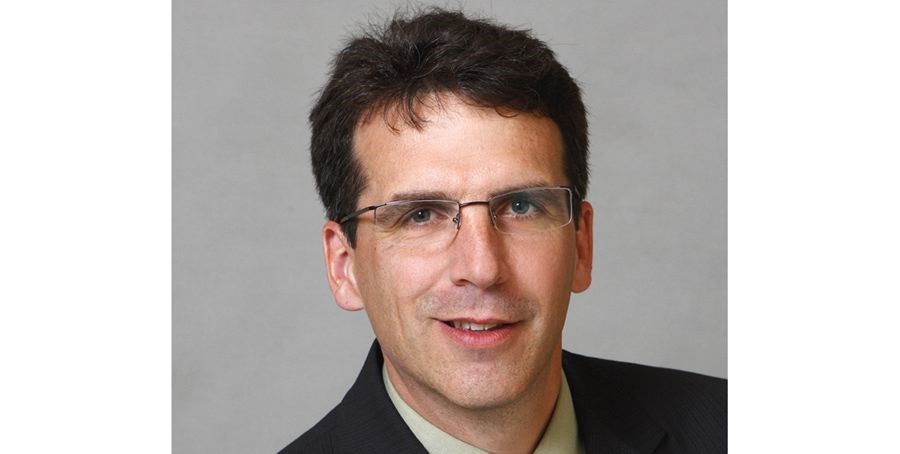Thirty-five years ago I graduated from minor hockey a few dozen levels shy of my dream to play in the NHL, and slid in to my first men's league team. It was a friendly league, and our team comprised several first time players, along with a few experienced skaters.
Our team leader and coach could not skate from one end of the ice to the other to save his life.
Despite his hockey inadequacies, he considered himself a kinesiological genius. As our ragtag group gathered around the oracle for a few words of wisdom after our final preparatory practice, his speech went something like this:
"OK guys, listen up! Our first game is Saturday night at seven. I know some of you don't have all the proper equipment yet, and a few of you can't really skate, but that's okay. All we can do is all we can do. I will share a little secret that has helped me have an edge in my sports career which might come in handy on Saturday."
We perked up for this part. The guy might not be able to skate, but we were led to believe that he was some sort of sports scientist.
"Okay, here it is. On Saturday night, have a light dinner and drink plenty of water. But now here's the key - don't go pee. Just hold it until after the game. It will give you that extra boost during playing time."
As a nave 18-year-old, something about this struck me as exotic, wise.
Our goaltender was a successful businessman, and architect who had a large, beautiful home and family. While most of us were trying to figure out how to get our hockey gear on with our legs crossed, he comfortably carried the conversation in the dressing room, looking rather relaxed. He had clearly not followed coach's instructions on the watery front.
What struck me about all of this, despite the silliness of our predicament, was an offhand comment the goalie made in the dressing room.
"Boys, it cost me $1,000 to play this game tonight."
He was missing some sort of business meeting that paid a stipend and literally cost him enough to pay half the team's hockey fees for the season. It was the first time I had ever put a dollar value on recreation, and it rang a resounding bell in my head. What would I give up $1,000 for?
Let's take for example, a camping trip with my children instead of another grueling week at work.
That's an easy one, but what of the cost? Counterintuitively, making time to bond with the next generation is actually a good business practice.
Roy Williams, co-author of Preparing Heirs states that, "Setting aside time for your children, and making that time inviolable, is one of the most effective ways to build family relationships and to instill positive values in your children. It is a high-yield investment."
Jessie O'Neill, author of The Golden Ghetto, instructs that, "Using healthy tools of parenting - such as holding reasonable expectations, using loving, firm discipline, allowing children to experience the consequences of their behaviors, role modeling healthy boundaries in intimate relationships as well as setting them with our children - are important for all parents, rich or poor. By taking that precious time, showing your love, and having faith and confidence in your child's abilities, you have given him or her the irreplaceable gift of growth, positive self-esteem and self-love."
In other words, successful families don't allow money to become the primary factor that defines them. Their family values supersede their bank balances, and reign supreme in their use of that most rare and democratic of assets, the time between bedtimes.
And at least in the multi-generational context, this actually increases the likelihood that they will be able to hang on to their money. While short term increases in wealth might be magnified by consistently missing family events, the experience of the next generation with the proceeds is a faulty weld, too often destined to crack under its own weight.
In addition to recreating and just being generally engaged with your kids, you can also engage them in your enterprise at an early age. Nobody ever learned to swim without getting in the water.
Steve Barimo, Kirby Rosplick, and Jill Shipley, in their paper: The 25 Best Practises of Multi-Generational Families, confirmed this sentiment. "We have frequently observed the benefits of letting next generation family members learn and practice entrepreneurship... In our experience, it is the learning of entrepreneurship and the underlying skills that is the best practice regardless of whether next generation family members ever start a business."



